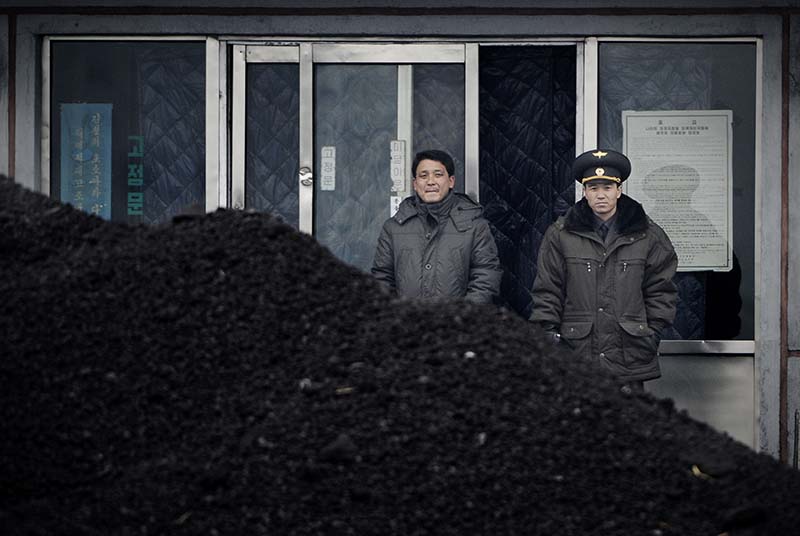
The Meaning of China’s Coal Ban on DPRK
The Chinese Ministry of Commerce and General Administration of Customs announced (statement in Chinese) on February 18 that it would halt coal imports from North Korea to be effective immediately starting on February 19 and extending to the end of the year.
This is a significant shift in policy from the traditional Chinese position of watering down sanctions against DPRK. For example, pursuant to UNSCR 2321 (paragraph 26), China was to cap coal imports starting from the adoption date of the resolution (November 30) to the end of December 2016 at one million metric tons. Instead, it imported double that amount (2 million).

- The cap for China’s coal import from DPRK in 2017 is 7.5 million metric tons or $400.9 million, whichever is lower. In 2016, the Chinese imported 22.5 million tonnes of coal, worth $1.2 billion from North Korea, up 14.5% from 2015. The Chinese imported 5.73 million tonnes of coal ($408.5 million) in 4Q, which is up 28.2% from 2015 4Q (and up 96% more in value).
- This latest action could be a demonstration of discontent with North Korea’s suspected murder of Kim Jong-nam for whom the Chinese were providing protection. China is also experiencing a coal glut announcing coterminously a shutdown of hundreds of Chinese coal mines.
- China could still circumvent its own announcement by utilizing a “humanitarian exemption” loophole in the sanctions. Last year it continued to import North Korean coal despite officially banning it in an April 2016 prohibited list it released in compliance with UN sanctions by exploiting the “livelihood purposes” exemption.
- China also recently agreed for the first time to import 4000 metric tonnes of liquefied petroleum gas (LPG) from North Korea, which could become an additional source of foreign currency for the government in Pyongyang. The agreement may also provide China with additional reasons to supply North Korea with crude oil for processing.
- The impact of the coal ban on North Korea will not be immediate as it benefited from a record 2016 4Q earnings ($408.5 million) in coal exports to China.
- The coal ban will almost certainly be accompanied by pressure on the United States to return to Six Party talks despite North Korea’s claims that it will never denuclearize. The Chinese probably see a narrow window of opportunity before the start of annual U.S.-ROK military exercises in the spring.


[carousel-horizontal-posts-content-slider-pro id='113']